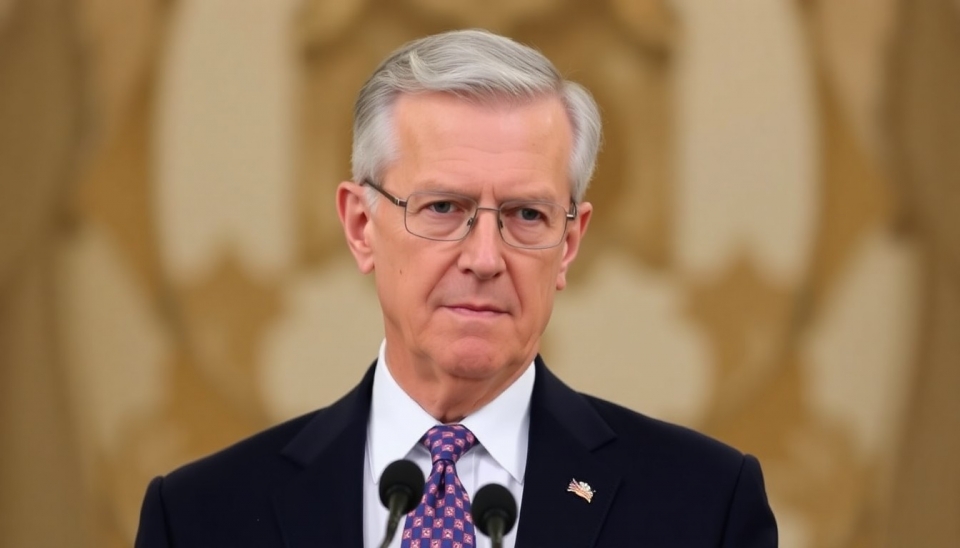Main Highlights from the Jackson Hole Symposium: Federal Reserve Discusses Future Monetary Policy

At the annual symposium in Jackson Hole, organized by the Federal Reserve, leading economists and policymakers are discussing the current economic situation and the future of monetary policy. This year, the focus is on easing inflation and potential pathways to sustainable economic growth. Many experts express the necessity to raise interest rates to address remaining economic risks.
The Governor of the Federal Reserve Bank of New York warned that current inflation, although it has slowed, is still above the target rate. This raises concerns that consumers may begin to cut back on spending if the cost of living continues to rise. Some participants at the symposium emphasize the importance of monitoring the labor market, noting that its stress could impact inflation.
In their speeches, symposium participants also discussed the impact of global economic events on the United States. Conflicts in various parts of the world, climate change, and unstable supply chains lead to increased volatility in financial markets. Many believe that these factors require a more careful approach to monetary policy.
In conclusion, discussions at the Jackson Hole symposium point to the necessity of a balanced approach to economic policy. Participants agree that interest rates should be reviewed to ensure long-term economic stability. However, specific measures remain uncertain, and many await further guidance from the Federal Reserve leadership.
#Fed #JacksonHole #MonetaryPolicy #Inflation #Economy #InterestRates #GlobalEconomy #FinancialMarkets #SustainableGrowth




